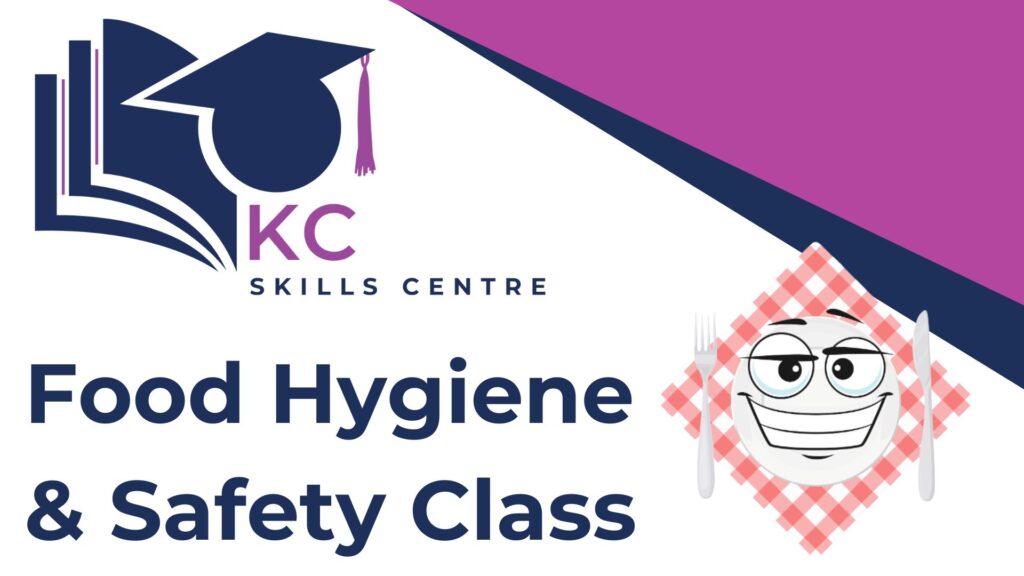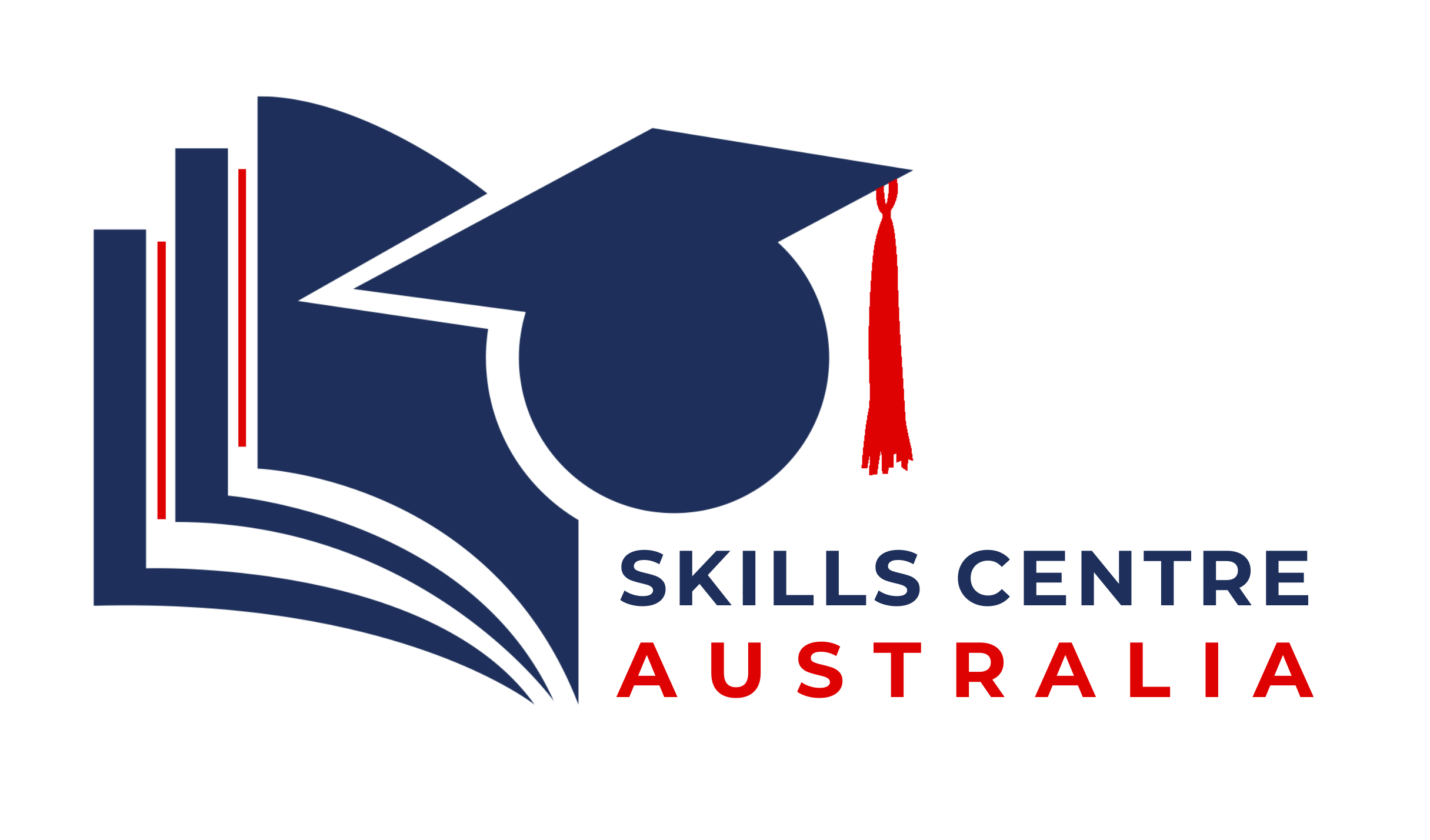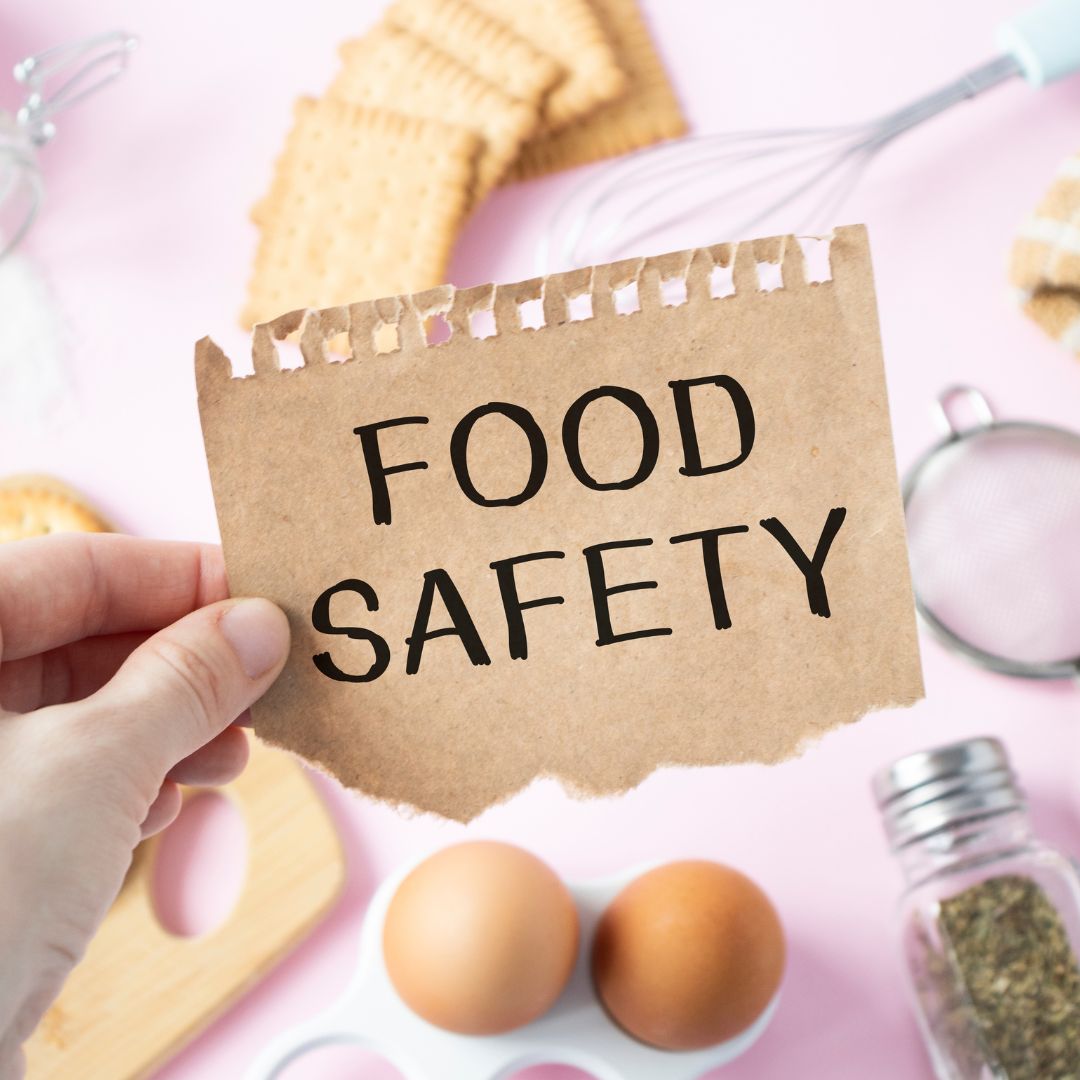Ensuring food hygiene and safety is crucial in any environment. Still, it is imperative in a carer setting where the health and well-being of vulnerable individuals are at stake.
Carers often assist elderly or disabled people who have difficulty maintaining proper hygiene and safety practices. Therefore, understanding and implementing correct food handling and storage techniques is essential for preventing foodborne illnesses and ensuring the safety of those in their care.
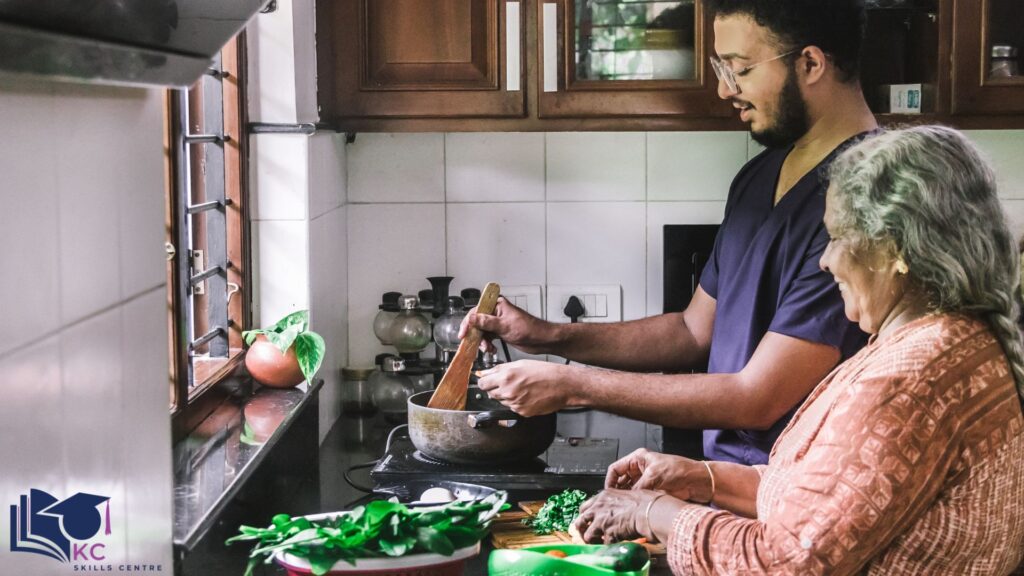
Typical Hygiene Issues in the Home
Several common hygiene issues can arise in a home setting, such as cross-contamination, improper storage temperatures, and poor personal hygiene.
Cross-contamination occurs when bacteria from raw food, such as meat, are transferred to other foods or surfaces. Separate cutting boards and utensils for raw and cooked foods can prevent cross-contamination.
Improper storage temperatures are another concern, as many people need a clearer understanding of the correct temperatures for storing different types of food.
Perishable items like meat, dairy, and leftovers should be kept in the refrigerator at or below 5°C.
Personal hygiene is also critical; carers must ensure they wash their hands thoroughly with soap and water before handling food to prevent the spread of harmful bacteria.
Challenges for the Elderly and Disabled
Elderly and disabled individuals often face unique challenges regarding food hygiene and safety.
Some may have physical limitations that make it difficult for them to clean kitchen surfaces effectively or handle food safely.
Cognitive impairments may lead to confusion about food storage guidelines and expiration dates.
Furthermore, some may have compromised immune systems, making them more susceptible to foodborne illnesses.
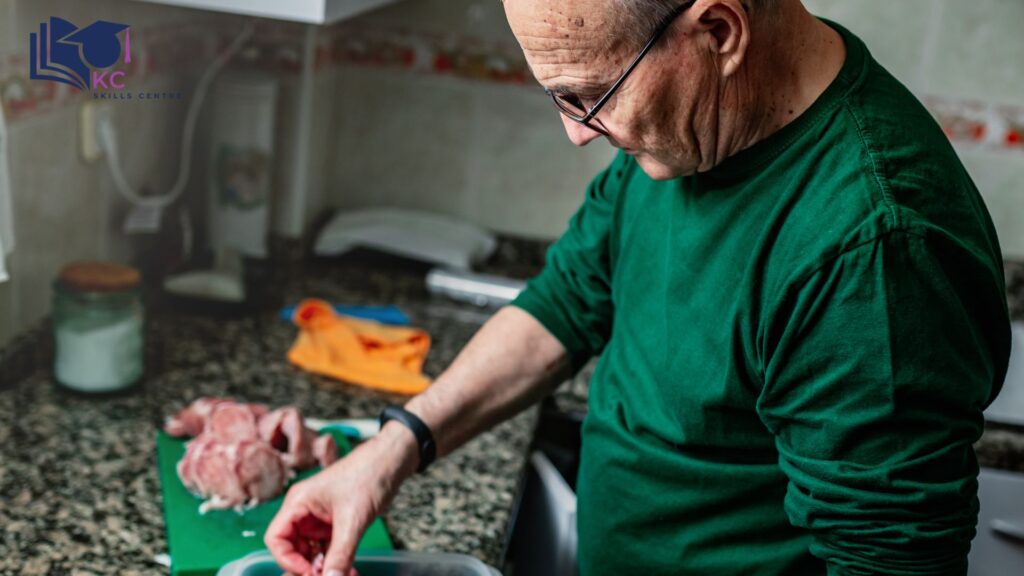
Government Standards and Regulations
In Australia, food safety is regulated by Food Standards Australia New Zealand (FSANZ), which provides guidelines and standards to ensure that food is safe for consumption.
The FSANZ website offers a wealth of information on food safety practices, including the Food Safety Standards (Chapter 3), which are mandatory for all food businesses.
Carers should familiarise themselves with these standards to ensure they comply with regulations and protect the health of those in their care.
KC Skills Centre’s New Training Course
Recognising the importance of food hygiene and safety, KC Skills Centre has introduced a training course tailored for carers.
This course covers essential topics such as safe food handling, storage, and preparation, providing carers with the knowledge and skills to maintain high food safety standards.
Enrolling in this course can help carers gain confidence in their ability to protect the well-being of those they care for and ensure a safe and hygienic environment.
Maintaining food hygiene and safety is a vital responsibility for carers. By understanding common hygiene issues, recognising the challenges faced by elderly and disabled individuals, and adhering to government regulations, carers can help prevent foodborne illnesses and safeguard the health of their clients.
The new Food Hygiene & Safety training course offered by KC Skills Centre is an excellent opportunity for carers to enhance their skills and ensure they are well-equipped to handle food safely.
